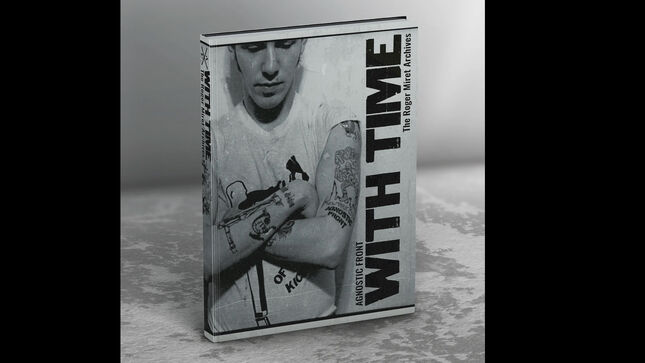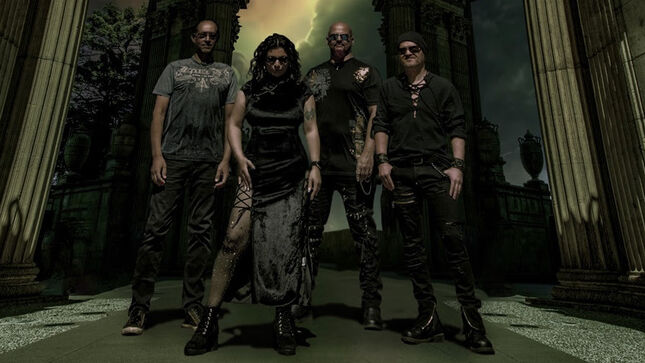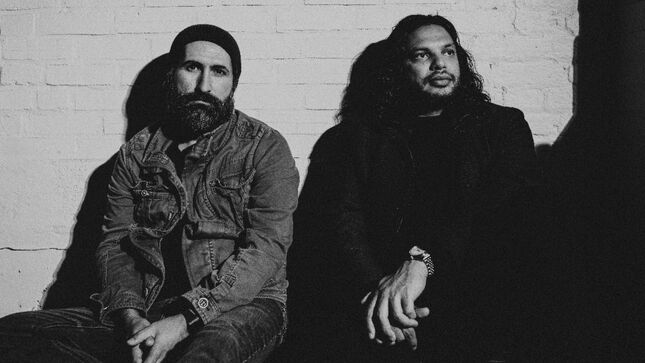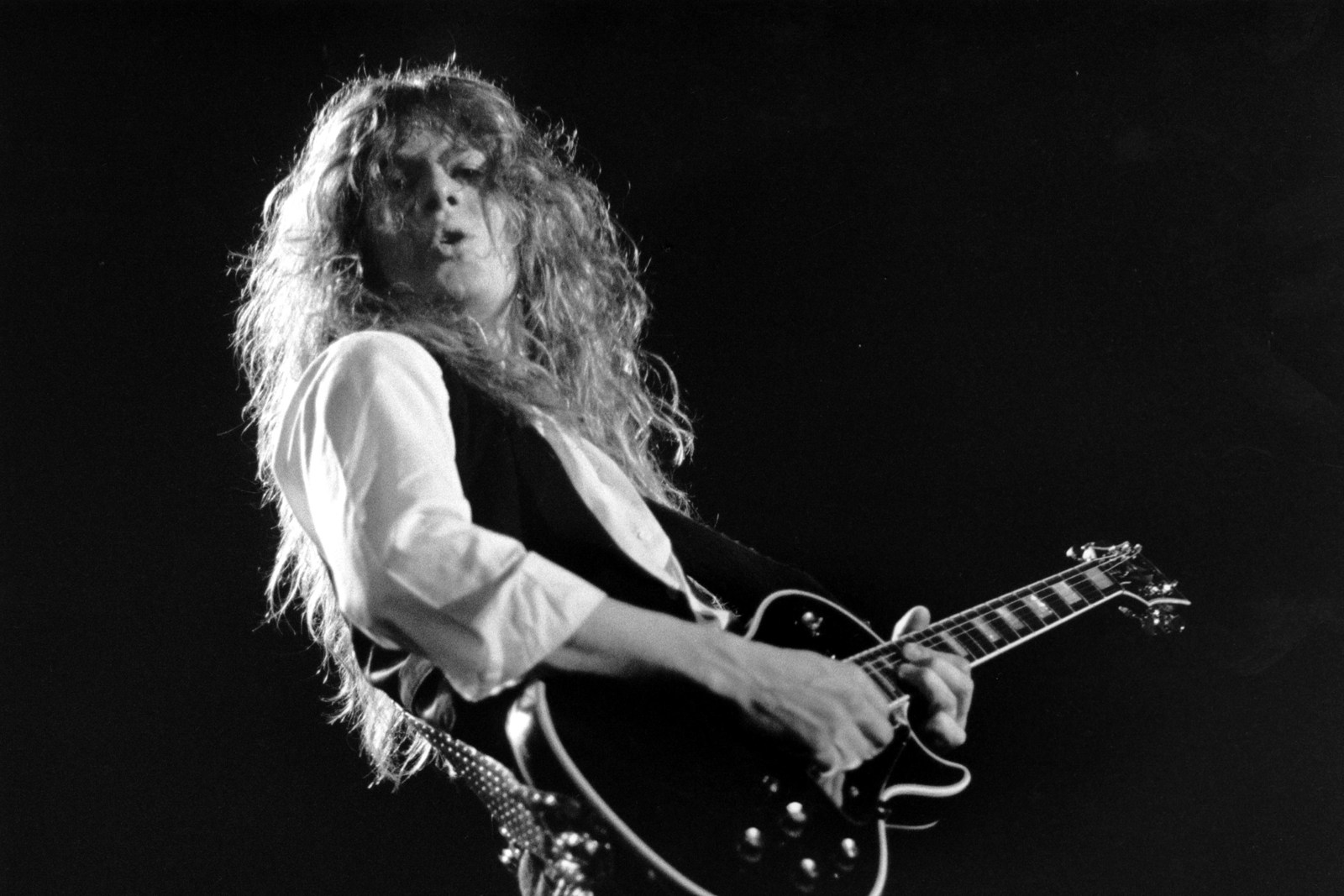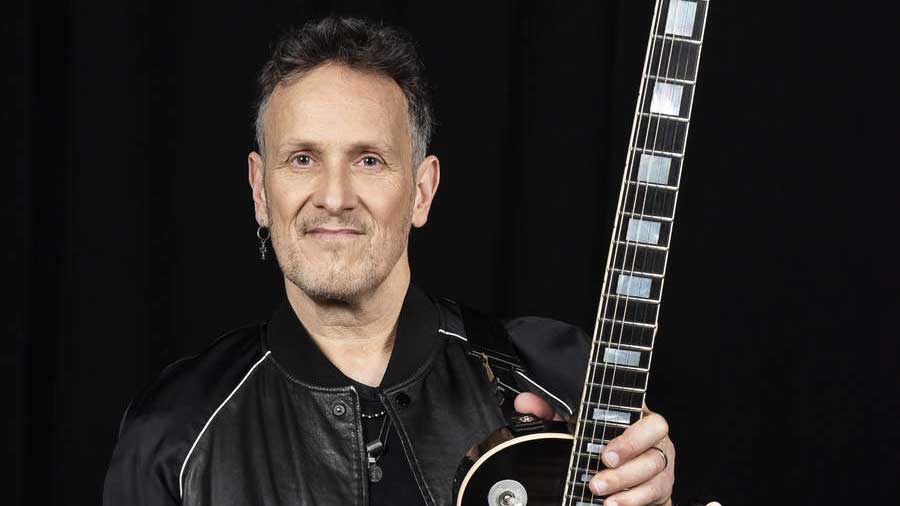
Agnostic Front’s legendary frontman, Roger Miret, recently joined co-founder Vinnie Stigma for an extraordinary conversation on the One Life One Chance podcast with Toby Morse, where the pair opened up about the band’s iconic history and creative process, offering fans a rare glimpse behind the scenes of one of hardcore’s most influential acts.
The episode, “Vinnie Stigma & Roger Miret”, explores a wide range of topics, including Agnostic Front’s early days in NYC’s hardcore scene, old tour stories, fishing trips, the creation of new music and their upcoming tour. It also highlights their recent book releases – Miret’s With Time: The Roger Miret Archives and Stigma’s The Most Interesting Man In The World – while delving into the dynamics of their long-standing friendship, sobriety, therapy and connecting with a new generation of fans.
Miret, whose memoir With Time sold out its first printing and is now available for pre-order in a second edition, set for release in February and featuring red interior cover pages and additional photos and artifacts, shared, “Sitting down with Vinnie and Toby was like stepping back into the chaos that built this scene. We swapped stories, busted chops and talked about the stuff that keeps us going. I’m looking forward to getting back on the road again in a few weeks and playing for the fans.”
Agnostic Front is gearing up for an international tour kicking off March 13 in Pittsburgh, PA, with regular US and European dates through the summer. Starting July 31, the band will take the stage at some of Europe’s biggest festivals, including Brutal Assault in the Czech Republic, Summer Breeze Open Air in Germany, and Brakrock Ecofest in Belgium.
Agnostic Front’s tour dates and ticket information are available at AgnosticFront.com.
Fans can stream the One Life One Chance podcast episode at OneLifeOneChance.com, Apple Podcasts, Spotify, Podtail, and other quality platforms. Listen below.
For more information about With Time: The Roger Miret Archives, visit withtimethebook.com.

